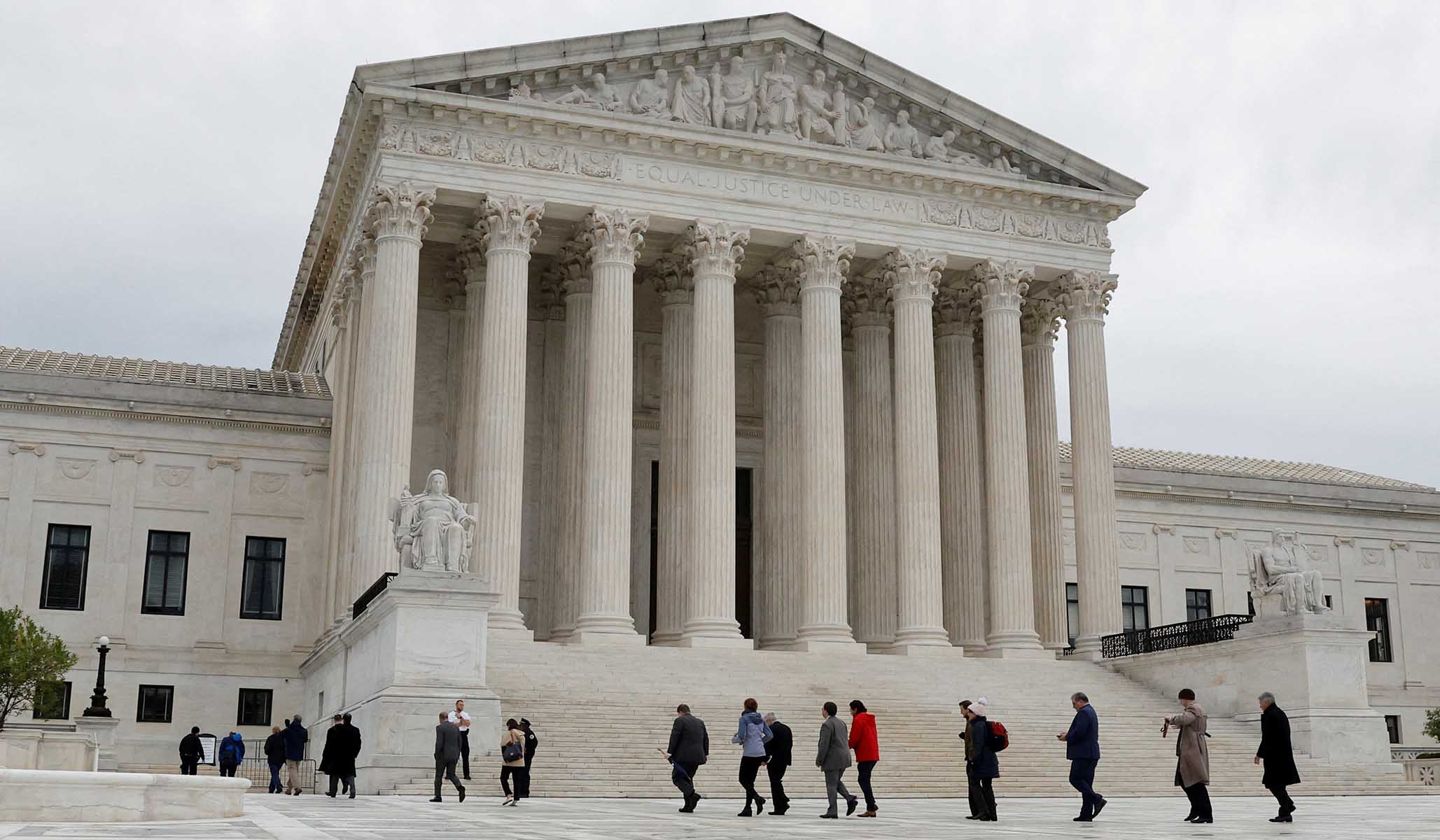


Back in November, in advance of oral arguments in Moore v. Harper, I wrote that the conservative legal movement should reject the “independent state legislature” doctrine, which posits that, because the Constitution stipulates the rules surrounding federal elections “shall be prescribed in each state by the legislature thereof,” state legislatures have exclusive authority in this domain. While such a rigidly literal reading of the Constitution may appeal to strict textualists, it fails to honor the principles of originalism, which prioritize the historical context and intent of our Founding document.
That’s why the Supreme Court’s recent ruling in Moore v. Harper is such a breath of fresh air. In recognizing that state legislatures were historically understood to be creatures of their respective state constitutions, the Court reminds us that the Constitution isn’t just a document of words — it’s a document of historical context and intent. Our nation’s foundational legal document should be interpreted not in isolation but within the original public meaning of the text. The Court’s ruling in Moore v. Harper is a welcome affirmation of this understanding.
